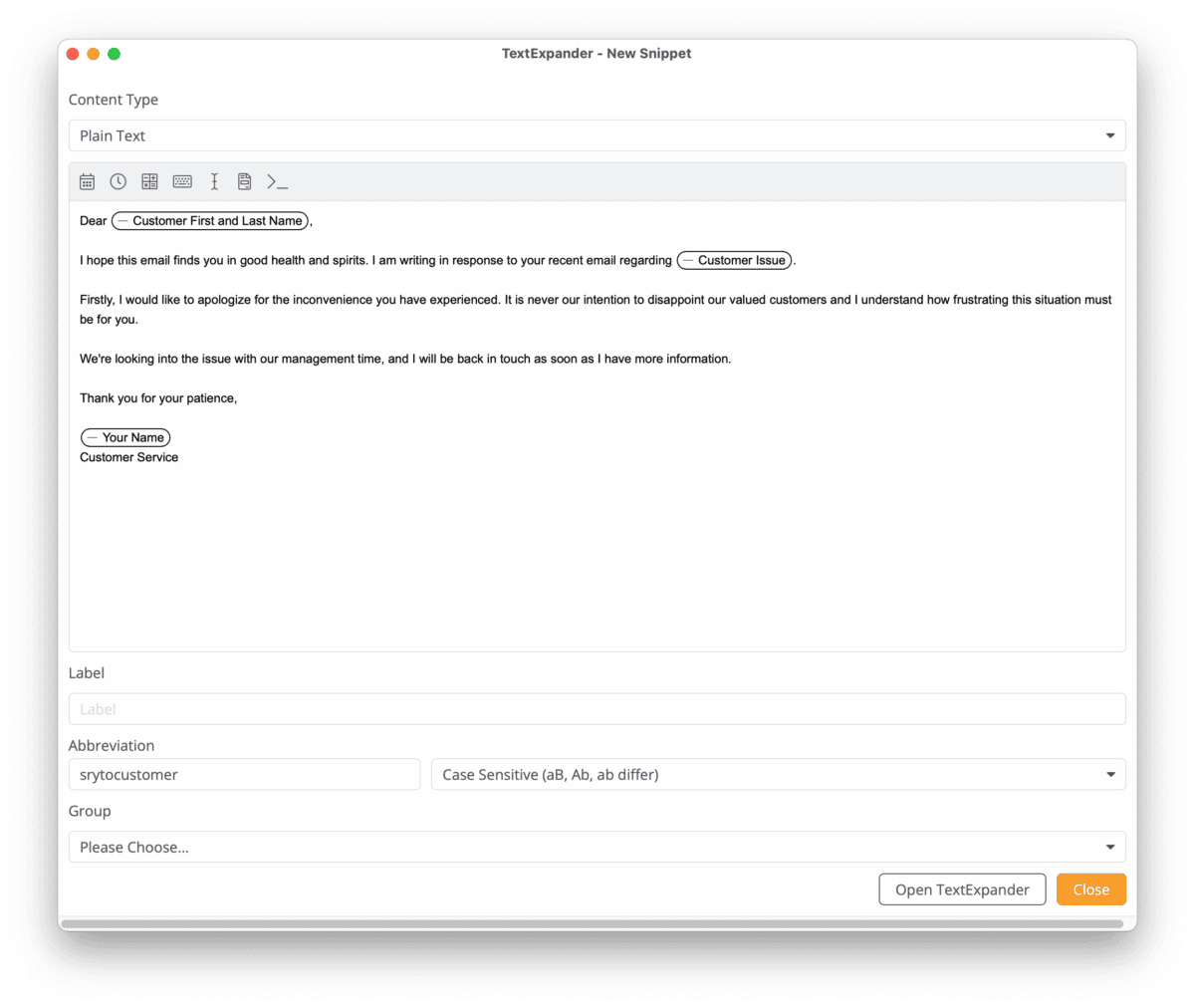Communication compliance is increasingly important in the business world. To maintain an ethical, productive, and efficient environment, employees need to understand and follow organizational norms—such as communication styles expected in various situations—and ethical guidelines.
Communication compliance refers to following these established guidelines and protocols, and employees need to get them right. In this blog, we’ll explore communication compliance at work and outline ways to meet legal and ethical expectations. Communication compliance is critical to success in the modern office, as it prevents misunderstandings, miscommunications, ethical lapses, and potentially costly legal problems.
Why is communication compliance at work important?
With communication compliance at work, all employees and their organizations can be sure that they are meeting legal and ethical standards. This helps to minimize the risk of legal liability, promote a positive work environment, and communicate clearly and respectfully. Additionally, compliance with communication standards can improve the overall efficiency and productivity of an organization by reducing misunderstandings and conflicts, promoting a culture of transparency, and creating accountability for actions.
Understanding communication compliance at work

Effective communication compliance is essential to success at work. Communicating well fosters collaboration, ensures that tasks are completed efficiently, and maintains a positive work environment. However, communication can also be a source of liability if not handled properly—this is where communication compliance comes in.
Organizational norms and expectations
Every company has its own set of expectations and rules for how to communicate—both verbally and through text. To maintain a positive work environment, employees need to understand the norms and expectations of their companies. For example, within some organizations, it may be expected that all emails contain a formal tone and respectful language, whereas others might allow for more casual communication. Employees need to know the expectations of their organizations when it comes to following up on communication. Understanding the norms and expectations of your work will help you communicate more effectively with coworkers, leading to a more efficient work environment.
Communication protocols and procedures
An organization’s language is often determined by the protocols and procedures that it establishes. These protocols and procedures can vary widely depending on the specific needs of the organization. They generally include guidelines for using different communication channels—such as email, team chat solutions like Slack or Microsoft Teams, and video conferencing software like Zoom or Webex. Some companies may have specific protocols in place to ensure the safety of confidential information when it is being transmitted electronically as well.
To ensure effective and secure communication within the workplace, employees must understand these protocols and procedures so that they can be properly followed. Failure to follow these protocols and employees lead to misunderstandings or data breaches, which could have disastrous effects on both the company and the employees.
Ethical and legal standards in communication compliance
Work communication may be subject to organizational expectations and legal or ethical considerations, so communication compliance isn’t just a customer service issue but also a management-level consideration. It involves avoiding discrimination, harassment, and hate speech in workplace communications; following privacy laws and regulations related to communication compliance in the workplace.
Publicly traded companies must remain in compliance with a wide range of regulations and laws governing financial reporting, advertising, and investor relations. These regulations include the Securities Exchange Act of 1934 and the Sarbanes-Oxley Act of 2002. These regulations require public companies to be transparent in their communications with their investors and the general public, avoiding making false or misleading statements that could harm investors. Companies that are publicly traded must be transparent and trustworthy to succeed, so they should ensure compliance with communication policies.
Applying communication compliance in practice
In your work, communication compliance is critical whether you are communicating with clients, stakeholders, or even employees. So, let’s look at how to develop a workplace culture that supports effective and consistent communication.
Understanding the context of communication
To effectively apply communication compliance in practice, it’s important to understand the context of each communication. This includes things like the purpose of the communication, the intended group, and the tone and style that is appropriate for the situation. For example, a formal email to a client should be written differently than an informal instant message to a coworker. Understanding the context of each communication will help employees to effectively communicate and maintain a healthy and ethical work environment.
Choosing the right tone and style
Effective communication requires choosing the most appropriate tone and style for each situation. In general, it’s best to write a formal email in a respectful tone and an informal instant message in more casual language.
Adhering to protocols and procedures
For employees to communicate effectively and efficiently, they must follow the company’s communication protocols. For example, if the organization has established a protocol for sending sensitive information, failure to follow that procedure will compromise its confidentiality. Besides sending messages, employees should also monitor incoming communications and respond to them in a timely fashion.
Leverage automation to ensure communication compliance
TextExpander can help to ensure communication compliance at work by streamlining and automating repetitive and common tasks related to communication to ensure uniformity. TextExpander can be used to create Snippets of frequently used phrases, words, or responses, which can streamline communications and help employees follow the established protocols for communication internally and externally. TextExpander can also help employees to maintain consistent messaging and tone in their communication, which helps with communication compliance and brand considerations.
When teams deploy TextExpander, they get access to a Shared Groups function that allows managers to load preset Snippets that everyone on the team can access. If the wording is changed, it only has to be updated in a single place and it’s automatically distributed to the whole team.
For example, Investor Relations professionals might have a Snippet to include the date, time, and link for the upcoming quarterly results call. As the information changes each quarter, a TextExpander Group Admin can update the snippet and then every IR representative will always use the most up-to-date information from the same Snippet. Try it below to see how it works!
Here’s an example of how you could use TextExpander’s fill-in functionality to automate responding to a customer when they’re upset.

TextExpander can do so much more than just improve communication compliance. You can create Snippets with fill-ins, optional sections, and other customization options to streamline your workflow. To get a sense of everything your team can do with TextExpander, check out our TextExpander 101 webinar.
Wrap up on communication compliance at work
Communication compliance plays an essential role in the success of a business. All employees must understand and follow organizational norms and expectations as well as communication protocols—and be held accountable for their actions if they don’t comply with legal standards. By taking proactive steps to avoid communication mistakes, businesses can help to prevent costly legal issues and avoid substantial penalties for non-compliance. A strong commitment to communication compliance is a critical factor in ensuring that employees understand their responsibilities and take appropriate action when someone is acting in a way that doesn’t comply with company standards.
FAQ on Communication Compliance
Q: What is the definition of work communication compliance?
A: Communication compliance refers to the adherence to established norms, protocols, and procedures for effective communication in the workplace. This includes following ethical and legal standards that are relevant to acompany as well as office norms.
Q: Why does communication compliance matter at work?
A: Communication compliance—following rules of communication and general workplace behavior—helps to ensure that misunderstandings, miscommunications, ethical concerns, and other legal problems within the organization are minimized.
Q: What communication norms and expectations exist in the workplace?
A: Each company has its own set of norms and expectations for communication, so it’s important to learn about how everyone communicates within that particular culture. Employees must understand the norms and expectations of a company so they can maintain a healthy work environment.
Q: What are the ethical and legal standards for work communication?
A: Employees must respect ethical and legal standards for communication at work, including avoiding discrimination, harassment, or hate speech in their communications. Employees should also be familiar with privacy laws that relate to their company and company data— especially customer data. Company employees must keep confidential any information they learn about the organization and its customers, as disclosure could damage the business or become an insider trading issue.

